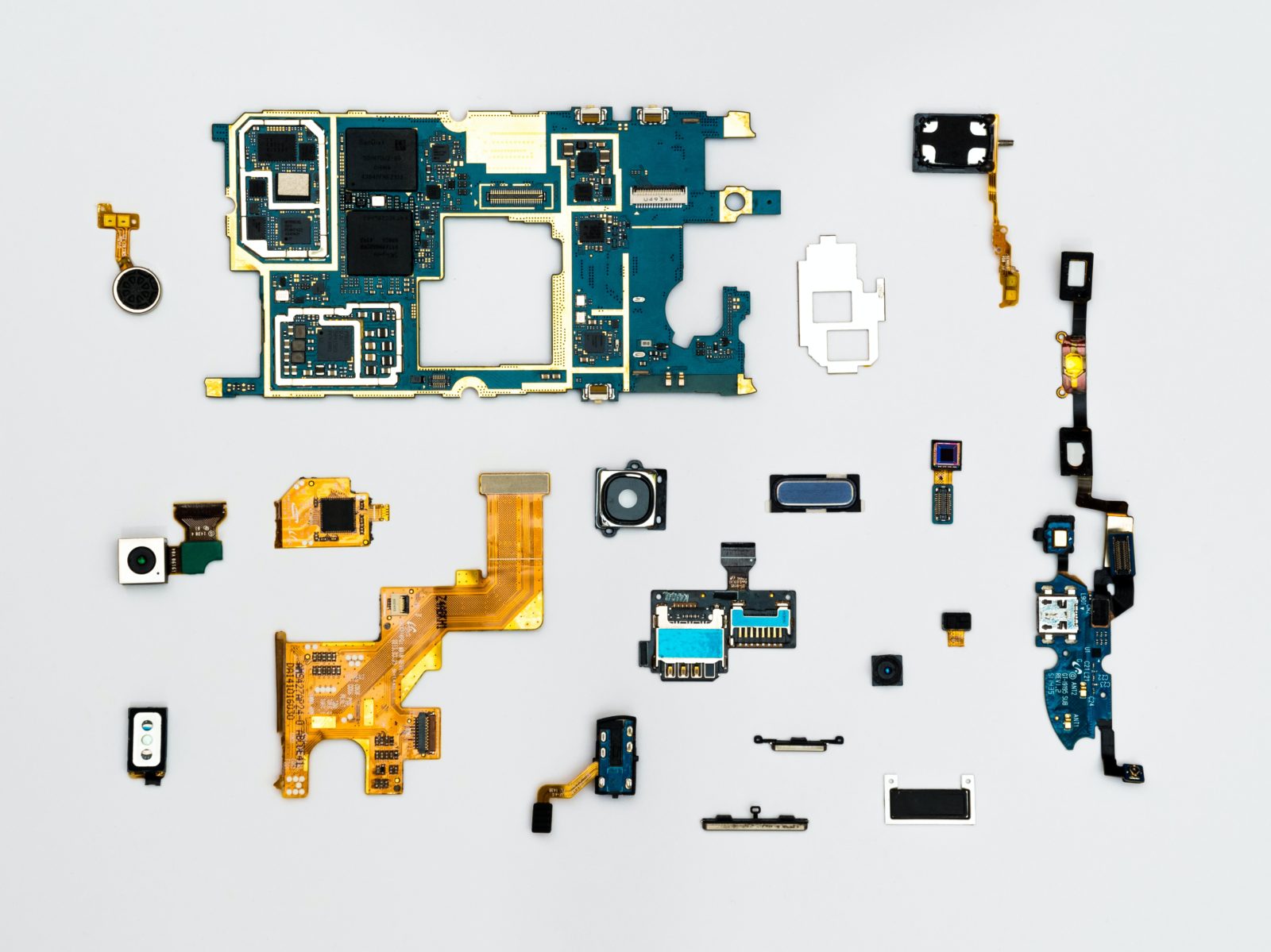Implementing electronic health records in the healthcare system has hit a roadblock, as the Supreme Audit Office (NKÚ) highlighted. Key areas of the electronic healthcare system are not functioning properly, with one glaring issue being the lack of shared medical data, which complicates the work of healthcare professionals. The Ministry of Health claims to have taken steps towards addressing these issues.
In a recent audit, the NKÚ examined the utilization of funds allocated for improving the efficiency of the healthcare system and the development of infrastructure and administration of electronic health services between 2019 and 2022.
The audit revealed that the law on healthcare digitization proposal was submitted late and without addressing key areas. The regulation of emergent records, personal health records, and the health documentation index was omitted, failing to fulfill the vision of patient-oriented healthcare, as stated by the NKÚ.
Consequently, there is no reliable system for sharing patient data, except for documentation required to perform and manage hygiene and anti-epidemic activities.
This situation has significant consequences as healthcare professionals face challenges accessing all necessary and existing patient information efficiently, particularly in critical situations. The audit further noted that the Ministry of Health has postponed achieving set goals until 2026.
Despite these setbacks, there is hope for improvement. The Ministry acknowledges that the initial proposal for healthcare digitization was designed for rapid adoption, and they are now prepared for a revision. The ultimate goal is the systemic integration of electronic healthcare as an integral part of the healthcare service provision, ensuring seamless access to medical information.





